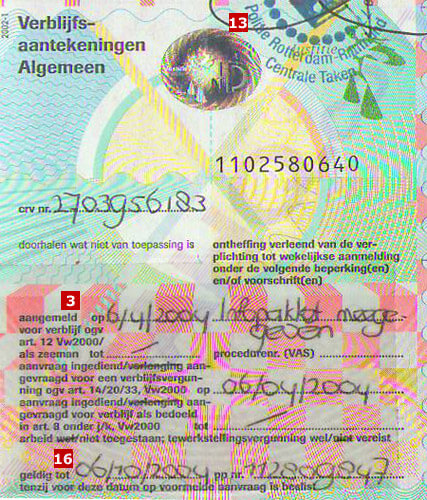Netherlands Embassy list in Tunisia
Need help?Chat with us
Importance of Trip Registration at the Netherlands Embassy
Registering your trip with the Netherlands embassy is crucial for ensuring your safety and well-being while traveling abroad. In times of crisis, such as natural disasters, political unrest, or medical emergencies, the embassy can quickly reach out to registered travelers, providing vital information and assistance. For instance, during an earthquake, the embassy can inform you about evacuation routes and local safety measures. In cases of political turmoil, they can update you on safe zones and help coordinate emergency evacuations. Additionally, if you encounter medical emergencies, the embassy can connect you with healthcare services and facilitate communication with local authorities. This registration creates a safety net that can significantly enhance your security while abroad.
Netherlands Embassy FAQs
Can the Netherlands embassy assist in legal issues abroad?
Yes, the Netherlands embassy can provide assistance in legal matters by offering guidance on local laws and connecting you with local legal practitioners.What should I do if I lose my Netherlands passport in Tunisia?
If you lose your passport, report the loss to the local authorities and then visit the embassy for assistance in obtaining a replacement or an emergency travel document.Do I need a visa to enter Tunisia?
Dutch nationals do not need a visa for short stays in Tunisia, but it’s advisable to check for specific entry requirements prior to travel.Can the embassy help with finding accommodations during my stay in Tunisia?
While the embassy cannot arrange accommodations, they can provide information on local hotels and recommended areas to stay.What steps should I take if I am detained while in Tunisia?
If detained, immediately ask for assistance from the Netherlands embassy, which can help advocate on your behalf and provide legal contacts.
Services Provided by Netherlands Embassies in Tunisia
Passport Services
- Issuance of new passports
- Passport renewal
- Lost passport replacement
Visa Issuance for Foreign Nationals
- Processing visa applications for visitors from Tunisia and other countries
Assistance in Legal or Medical Emergencies
- Guidance on local legal issues
- Help with medical emergencies, including referrals to local healthcare facilities
Travel Alerts and Safety Updates
- Provide timely updates regarding safety and security for travelers
Support for Nationals Detained Abroad
- Assistance for Dutch citizens facing legal issues or detention
Summarized Diplomatic Presence
The Netherlands maintains a robust diplomatic presence in Tunisia, primarily through its embassy located in Tunis. The embassy plays a pivotal role in fostering diplomatic relations, trade, and cultural exchange between the two nations. Its main functions include providing consular services, assisting Dutch nationals, and promoting bilateral cooperation on various issues, including trade and security. In addition to the embassy, the Netherlands may have honorary consulates in major cities, enhancing its ability to support its citizens and strengthen diplomatic ties within the region. Overall, the Netherlands’ diplomatic mission in Tunisia underpins the importance of mutual respect and collaboration in international relations.
